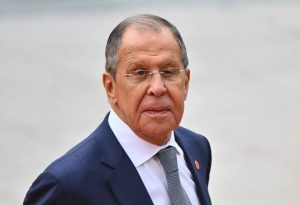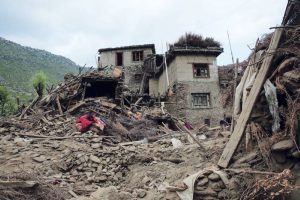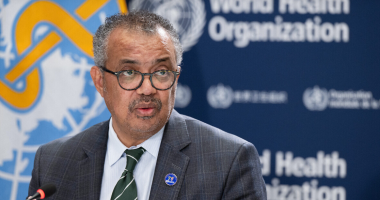A joint statement from the World Health Organization (WHO) and UNICEF revealed that one in four people worldwide still lack access to safe drinking water. The statement, released during World Water Week 2025, highlights ongoing disparities with vulnerable communities lagging behind. Despite progress over the past decade, billions globally still lack basic water, sanitation, and hygiene services, exposing them to disease risks and deeper social exclusion. The new report titled “Progress on Household Drinking Water, Sanitation and Hygiene 2000-2024: Special Focus on Inequalities” shows significant gaps remain, especially in low-income countries, fragile contexts, rural areas, children, ethnic minorities, and indigenous populations. Key facts include 2.1 billion people lacking safely managed drinking water, 3.4 billion without safely managed sanitation, and 1.7 billion lacking basic hygiene services at home.
People in the least developed countries are twice as likely to lack basic water and sanitation services and three times more likely to lack basic hygiene compared to others. Rural populations have improved but still lag behind urban areas. Women and girls often bear the primary responsibility for water collection, spending over 30 minutes daily in some regions. The report stresses that water, sanitation, and hygiene are fundamental human rights and calls for accelerated efforts to meet the 2030 Sustainable Development Goals, especially for marginalized communities. Dr. Rüdiger Krech, WHO’s Acting Director for Environment, Climate Change and Health, emphasized the urgency of action, while UNICEF’s Cecilia Sharp highlighted the risks to children’s health, education, and future when lacking these essential services.













Recommended for you
Talib Al-Rifai Chronicles Kuwaiti Art Heritage in "Doukhi.. Tasaseem Al-Saba"
Exhibition City Completes About 80% of Preparations for the Damascus International Fair Launch
Unified Admission Applications Start Tuesday with 640 Students to be Accepted in Medicine
Egypt Post: We Have Over 10 Million Customers in Savings Accounts and Offer Daily, Monthly, and Annual Returns
His Highness Sheikh Isa bin Salman bin Hamad Al Khalifa Receives the United States Ambassador to the Kingdom of Bahrain
Al-Jaghbeer: The Industrial Sector Leads Economic Growth